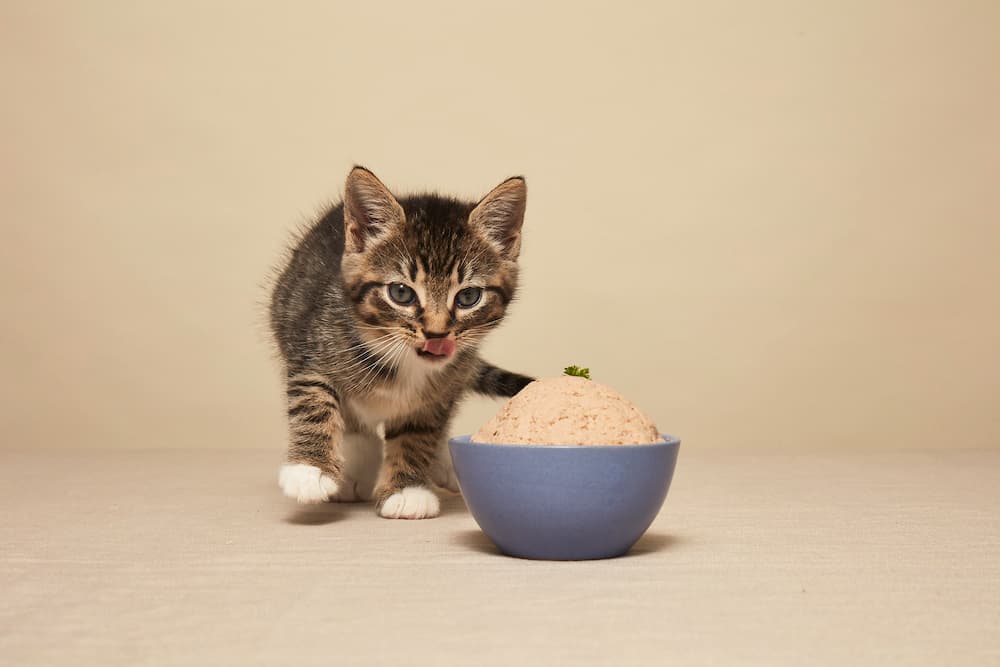Urinary health is a critical aspect of a cat’s overall well-being. Diet plays a pivotal role in preventing and managing urinary tract issues in cats, including urinary tract infections (UTIs), crystals, and Feline Lower Urinary Tract Disease (FLUTD). This article explores the best cat food options to support urinary health in felines.
Understanding Urinary Health in Cats
- Urinary System Basics: A cat’s urinary system, comprising the kidneys, ureters, bladder, and urethra, is essential for removing waste and maintaining a balance of minerals and water.
- Common Urinary Health Problems: Cats can suffer from UTIs, crystal formation in the urine, and FLUTD. These conditions can cause discomfort, pain, and even life-threatening blockages.
Dietary Influence on Urinary Health
- Moisture Content: Adequate water intake is crucial for urinary health. Wet cat food, with its higher moisture content, can help keep the urinary tract functioning properly.
- pH Balance: The right dietary pH balance can prevent the formation of urinary crystals. Foods designed for urinary health often aim to maintain a specific urinary pH.
- Magnesium and Other Minerals: Excess magnesium and other minerals can contribute to crystal formation. Specialized urinary health foods often have controlled mineral levels.
Reviewing Top Cat Food Brands for Urinary Health
- Hill’s Prescription Diet c/d Multicare: Formulated to support urinary tract health and reduce the recurrence of most common urinary tract disease symptoms.
- Pros: Clinically tested, supports bladder health.
- Cons: Prescription required, higher price.
- Price: About $50 for a 8.5-lb bag.
- Availability: Veterinary clinics and some online retailers.
- Royal Canin Veterinary Diet Urinary SO: Designed to help dissolve struvite stones and prevent recurrence.
- Pros: Effective for both struvite and calcium oxalate stones.
- Cons: Prescription required, contains by-products.
- Price: Around $40 for a 7-lb bag.
- Availability: Veterinary clinics and specialized pet stores.
- Purina Pro Plan Focus Urinary Tract Health Formula: Aims to reduce urinary pH and provide low dietary magnesium.
- Pros: Easily available, supports urinary health.
- Cons: Non-prescription, may not be suitable for more severe cases.
- Price: Approximately $36 for a 16-lb bag.
- Availability: Widely available in pet stores and online.
- Blue Buffalo Natural Veterinary Diet W+U Weight Management + Urinary Care: Offers a dual-action formula for weight management and urinary health.
- Pros: Grain-free, no chicken by-product meals.
- Cons: Prescription required.
- Price: About $40 for a 6-lb bag.
- Availability: Veterinary clinics and select retailers.
- Iams Proactive Health Urinary Tract Health: Reduces urinary pH and maintains a low level of magnesium.
- Pros: Affordable, promotes good urinary tract health.
- Cons: Contains chicken by-products and cornmeal.
- Price: Around $24 for a 16-lb bag.
- Availability: Easily found in supermarkets and pet stores.
Special Dietary Considerations for Urinary Health
- Prescription Diets vs. Over-the-counter Options: Prescription diets are specifically formulated for cats with severe urinary issues and often require a veterinarian’s approval, whereas over-the-counter options can be suitable for general urinary health maintenance.
- Ingredients to Avoid: Avoid foods high in minerals like magnesium and phosphorus, which can exacerbate urinary problems.
Feeding Guidelines for Cats with Urinary Issues
- Frequency and Portion Size: Smaller, more frequent meals can help maintain bladder health. Portion control is also important for preventing obesity, which can contribute to urinary issues.
- Transitioning to Urinary Health Diets: Gradually introduce the new food over 7-10 days to avoid gastrointestinal upset.
FAQs About Cat Food for Urinary Health
- How can I tell if my cat is having urinary health issues? Signs include frequent urination, straining to urinate, bloody urine, or urinating outside the litter box.
- Can all cats eat urinary health food? While most cats can benefit from it, it’s always best to consult with a veterinarian, especially for cats with existing health conditions.
- How quickly can diet impact a cat’s urinary health? Some improvements can be noticed within a few weeks, but it varies depending on the individual cat and the severity of their condition.
- Is wet or dry food better for urinary health? Wet food is often recommended for its higher moisture content, but some dry foods are specifically formulated to support urinary health as well.
- What should I do if my cat doesn’t like urinary health food? Try different flavors or brands, and ensure a gradual transition from the old food to the new one.
Conclusion
Choosing the right cat food is essential for managing and preventing urinary health issues in cats. The best cat food for urinary health should have balanced mineral content, promote a healthy urinary pH, and ensure adequate hydration. Always consult with a veterinarian to choose the most appropriate diet for your cat’s specific needs.

Jane Doe, a veterinarian with over 10 years of experience, combines her deep knowledge of animal health with a passion for pet welfare at PetsPonder.com. With a DVM degree and a commitment to the latest in veterinary science, Jane Doe offers reliable, compassionate advice to help pet owners make informed decisions for their furry companions.

Leave a Reply